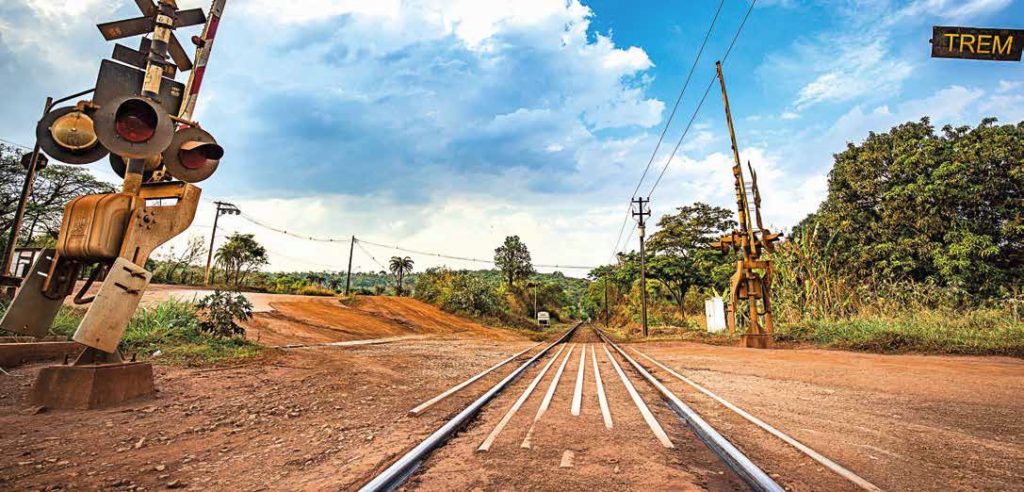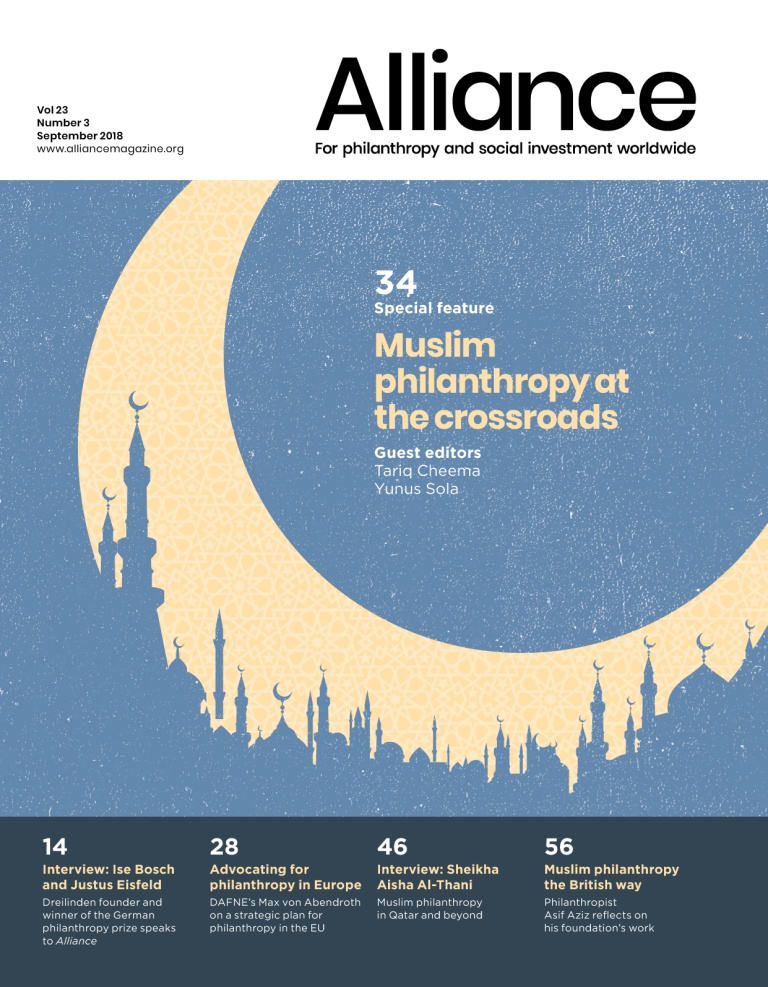The process of PtP has unlocked large funds for charitable use. It might now do so in Brazil via its privatization agenda and serious corruption problems
According to Lester Salamon, the Philanthropication thru Privatization (PtP) Initiative is designed to explore and promote the potential for building or strengthening permanent charitable endowments. It is intended to do this by capturing portions of the billions of dollars in privatization transactions taking place in countries throughout the world and dedicating them permanently to social, cultural and environmental purposes and strengthening civil society institutions.
In Brazil, the PtP issue has a particular complexion, due in part to the government’s privatization agenda and in part to widespread corruption. Both questions are related.
PtP involves a range of transactions in which public or quasi-public assets are transformed, in whole or in part, into charitable endowments under the control of autonomous charitable institutions. Some of the world’s largest and most reputable foundations have resulted from, or been enlarged by, a PtP process. Examples include Germany’s Volkswagen Foundation, Italy’s foundations of banking origin, New Zealand’s network of ‘community trusts’, Belgium’s King Baudouin Foundation, and close to 200 health conversion foundations in the US.

Rail track crossing in the mountains. Minas Gerais, Brazil. Credit: Freepik
To date, the PtP project has identified nearly 600 foundations which, taken together, hold more than $127.5 billion in charitable assets traceable to these PtP-type transactions. Such numbers are enough to make many of these foundations major players not only in the philanthropic communities of their respective countries, but in the international philanthropic community. This is particularly true when account is taken of the fact that many of these institutions have a local or regional focus area, which concentrates their impact.
The case of Brazil
In Brazil, the PtP issue has a particular complexion, due in part to the government’s privatization agenda and in part to widespread corruption. Both questions are related.
Based on the experience of other PtP foundations identified by the PtP Initiative, the Exploratory Committee estimates that $8-$10 billion could be directed to endow civil society organizations.
Broadly speaking, the government’s interest in privatization is twofold: attracting private investment into public infrastructure, and the transfer of risks to the private sector at a fixed price that can accelerate project delivery and lower total project costs. During 2015, as the recession deepened, the Brazilian government became even less able to finance investment in large infrastructure projects. It therefore launched a programme to grant concessions, a kind of temporary privatization, for a predetermined period, usually between 20 and 30 years, under which the private sector takes over the running of a piece of public infrastructure, such as highways (toll roads), airports, ports and railways. The programme thus has a severe risk of corruption in a country already struggling with the issue. According to Transparency International’s 2017 Corruption Perceptions Index[1], Brazil ranks 96 out of 175 countries. A sizeable portion of GDP, estimated at between 3 and 5 per cent, is lost to corruption each year, with the Petrobras scandal alone thought to account for 1 per cent of GDP, twice the cost of the Bolsa Família, the most important Brazilian social welfare programme.
The Exploratory Committee
Enter PtP. If traced, some of the money, both from privatization initiatives and from corrupt practices, can be re-devoted to public welfare through a PtP entity. Among the asset classes that have formed the basis of PtP institutions identified by the Initiative, are stolen and stranded assets, and the fruits of penalties arising from corporate misdeeds, both of particular relevance to Brazil. An Exploratory Committee has therefore been formed comprising representatives from the government, the National Bank for Economic and Social Development, civil society organizations, representatives of the business sector and members of law firms working pro bono, to review the possibilities for PtP related to these and other identifiable asset classes. Based on the experience of other PtP foundations identified by the PtP Initiative, the Exploratory Committee estimates that $8-$10 billion could be directed to endow civil society organizations. The estimate is based on the use of 10 per cent of the privatization programme plus another 10 per cent via financial penalties from legal proceedings related to corruption and stolen money stored in overseas banks.
A new legal framework is required to gain access to this money. This would include requirements to include a PtP allocation in the privatization bidding process, and new laws to guarantee the access of civil society organizations to public funds created out of financial penalties and stolen money. We are at the start of a long process, but the Exploratory Committee is addressing it with optimism and enthusiasm.
Marcos Kisil is a member of the PtP Advisory Committee and Exploratory Committee in Brazil and founder of IDIS. He also serves on the Editorial Board of Alliance magazine.
Email mkisil@idis.org.br
Footnotes
- ^ https://tinyurl.com/TI-index2017




Comments (0)